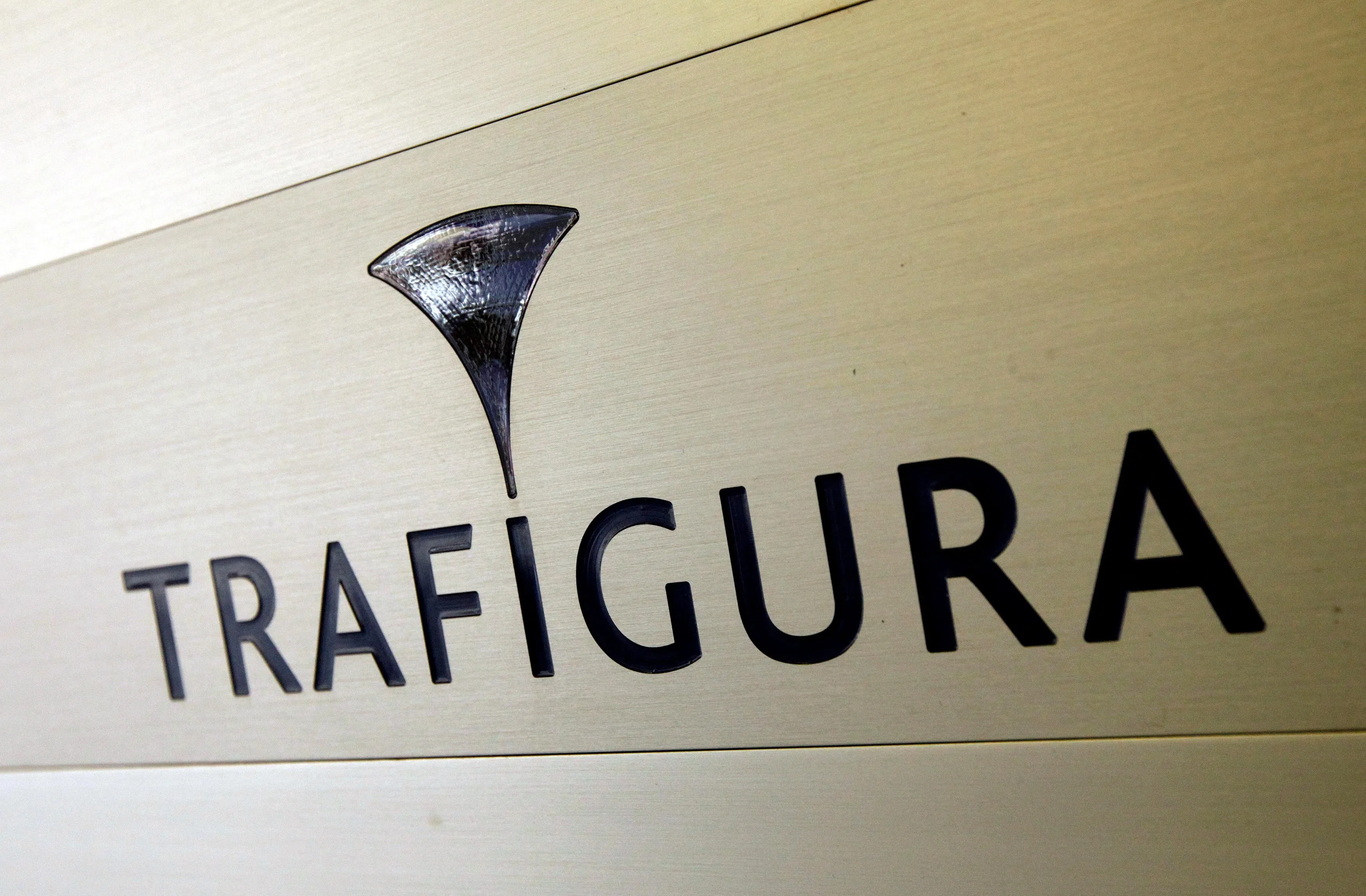Trafigura Group is preparing to take a US$1.1 billion hit after discovering what it suspects was fraud involving employees in its Mongolian oil business, according to people familiar with the matter.
The loss, which could also force the commodity trading giant to restate prior earnings, comes less than two years since Trafigura rocked the industry with the revelation it lost more than US$500 million in an alleged nickel fraud.
Trafigura discovered the issue in its Mongolian business in late 2023, according to the people, who asked not to be identified discussing private information. The company found that some of its employees in Mongolia had manipulated data and documents to inflate the amount of money it paid out, as well as deliberately concealing overdue debts over a period of about five years, they said.
The loss comes at a sensitive time for the company, as chief executive Jeremy Weir prepares to hand over to gas boss Richard Holtum after a period of breakneck growth that has made Trafigura one of the world’s largest commodity traders, handling enough oil every day to meet the combined demand of Germany, France and Spain.
Owned entirely by about 1,400 of its employees, Trafigura is relying on continued bumper profits to pay out a wave of retiring top executives, and the Mongolia loss will add more pressure to earnings that were already in retreat due to lower market volatility.
Trafigura is preparing to record the US$1.1 billion provision when it reports annual results for the financial year ended in September. The company, which previously announced first-half earnings of US$1.5 billion, is still likely to report full-year profit of around US$2 billion or higher when it discloses the results in December, some of the people said.
BT in your inbox
Start and end each day with the latest news stories and analyses delivered straight to your inbox.
A Trafigura spokesperson said: “An internal review and external investigation have uncovered serious misconduct by individuals in Trafigura’s Mongolian petroleum products supply business. This involved manipulation of data and documents in relation to a complex chain of transactions with a small number of local counterparties, resulting in a significant exposure for Trafigura, accumulated over approximately five years. We have taken disciplinary action against the small number of individuals involved.”
Trafigura has for many years been one of the largest fuel suppliers to Mongolia, where it has competed with the likes of Gunvor Group and Rosneft PJSC. However, the size of the loss is enormous relative to the market – Mongolia’s entire oil consumption of about 35,000 barrels a day is worth roughly US$1 billion annually at current prices.
Complex exposure
Trafigura’s issue centres around the way in which it sells to Mongolia: Due to local regulations, the trader and other international firms supply fuel only as far as the border, relying on local distributors to sell those products on to consumers in the domestic market.
Trafigura was selling to the local distributors on credit, a standard practice among cash-rich traders whereby customers don’t have to pay straightaway for product that has been delivered. The local companies would later pay Trafigura, deducting various logistical and other costs.
The set-up created a complex and ever-changing exposure to local players in the country.
“A substantial proportion of the exposure has been acknowledged by our principal counterparty in Mongolia as a debt owed to the group and we intend to hold the counterparty to their repayment obligation,” the Trafigura spokesperson said, without naming the counterparty.
The loss may ultimately end up being less than US$1.1 billion if Trafigura is successful in recovering the funds, some of the people said.
Bloomberg first reported in February that Trafigura was facing sizeable losses relating to its activities in Mongolia. At the time, the company said that it had recently agreed debt repayment schedules with oil products customers in Mongolia.
Inflated sums
Trafigura has discovered that it paid inflated sums as a result of suspected fraudulent activities by its employees, and was not aware that bills had gone unpaid, the people said.
Several employees in Trafigura’s Ulaanbataar office have been suspended, people familiar with the matter said.
Trafigura’s head of Mongolia Mikhail Zeldovich is also leaving the company. There’s no suggestion that Zeldovich was personally involved in the alleged misconduct. Zeldovich declined to comment, referring questions to a Trafigura spokesperson.
The loss will spur further questions about Trafigura’s internal controls in the wake of the nickel fraud, which last year sent shockwaves through the metals industry after the company admitted it had bought “nickel” that turned out to be worthless.
The trading house relies heavily on credit from a network of 150 banks, and has begun briefing them on the Mongolian issue, some of the people said.
Nonetheless, the loss is unlikely to be existential for Trafigura, which like other commodity traders has enjoyed a bonanza in recent years, reporting combined profits of more than US$17 billion in 2021-2023.
But the profit reduction will likely have an impact on the share buybacks it uses to remunerate the top executives and traders who own the firm.
Trafigura is facing a hefty bill to repurchase shares due to the combined impact of the period of record profits and the retirement of senior executives including former chief operating officer Mike Wainwright, former head of oil Jose Larocca and former chief financial officer Christophe Salmon. The company has wide discretion about when to make the payouts, and in the past when profits declined it has deferred a portion of the buybacks that were due.
The news of the Mongolia loss also comes as Trafigura and Wainwright are preparing to go on trial in December on corruption charges in Switzerland. Wainwright has denied the Swiss charges, while Trafigura has said it will defend itself in court. BLOOMBERG







